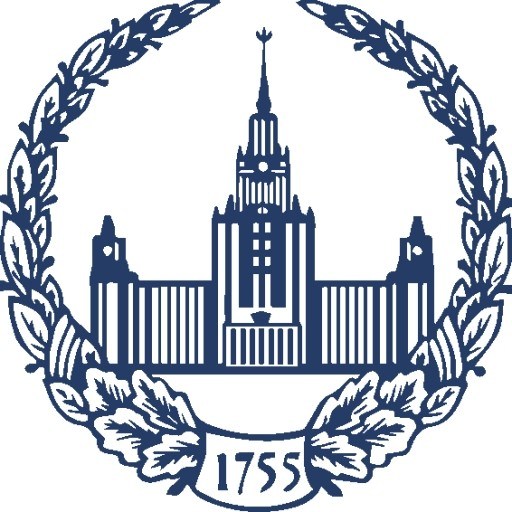Photos of university / #unibirmingham
Advertisement
The MSc. in International Economics is a taught graduate programme that provides specialised and advanced training in international economics. This is achieved through the delivery of specialised courses in trade theory, trade policy and econometrics. Exposure to the various theoretical constructs and empirical analyses within this sub-discipline, as well as other core and optional courses, equips students with the analytic and quantitative skills necessary to examine recent developments in the global economy; particularly those with implications for policy. Additionally, the programme provides appropriate training for doctoral research.
This programme reflects the fundamental importance of this area in the present age, and the fact that it is a particular teaching and research strength of the Department. Globalisation of the world economy means that a training in international economics is now of vital importance in many careers.
Programme content
The programme comprises 180 credits in total (credits are given in brackets).
The programme comprises 180 credits in total (credits are given in brackets).
Compulsory modules
* Microeconomics (20)
* Macroeconomics (30)
* Econometrics with Trade Applications (30)
* International Trade Theory (20)
* International Trade Policy (20)
* Option (20)
* Dissertation (40)
The option is selected from:
* Development Economic Policy
* Economics of Financial Markets
* International Banking: Regulation and Supervision
* Political Economy and Economic Policy
* Natural Resource Economics
* Game Theory
* Economics of Labour Markets
* Risk, Uncertainty and Information
* Topics in Money and Banking
* A graduate course offered elsewhere in the Schools of Business, Public Policy or Social Sciences (subject to approval)
Scholarships and grants Postgraduates can apply for scholarships, grants and bursaries from a number of sources, both through the University and through awards that are offered by external organisations such as research councils, trusts or charities.
University Scholarships The University offers a range of scholarships, some that are administered centrally and some that are offered directly through individual schools and departments. The majority of these scholarships offer support towards fees, although some may also contribute towards living costs.
Competition for these scholarships is mainly based around academic performance, and the number of scholarships offered varies from year to year.
* Centrally managed University scholarships
* Scholarships offered in the College of Arts and Law
* Scholarships offered in the College of Engineering and Physical Sciences
* Scholarships offered in the College of Life and Environmental Sciences
* Scholarships offered in the College of Medical and Dental Sciences
* Scholarships offered in the College of Social Sciences
Scholarships for international students We offer a range of scholarships for our international students. To assess whether you might quality for a financial scholarship, please visit our international scholarship pages for more information.
Other sources of funding Sources of non-repayable funding are also available from research councils, government departments, loans, trusts and charities and business and industry. At postgraduate level, the key to ensuring that you are sufficiently funded is to look into every possible avenue of support available and make as many enquiries as you can.









